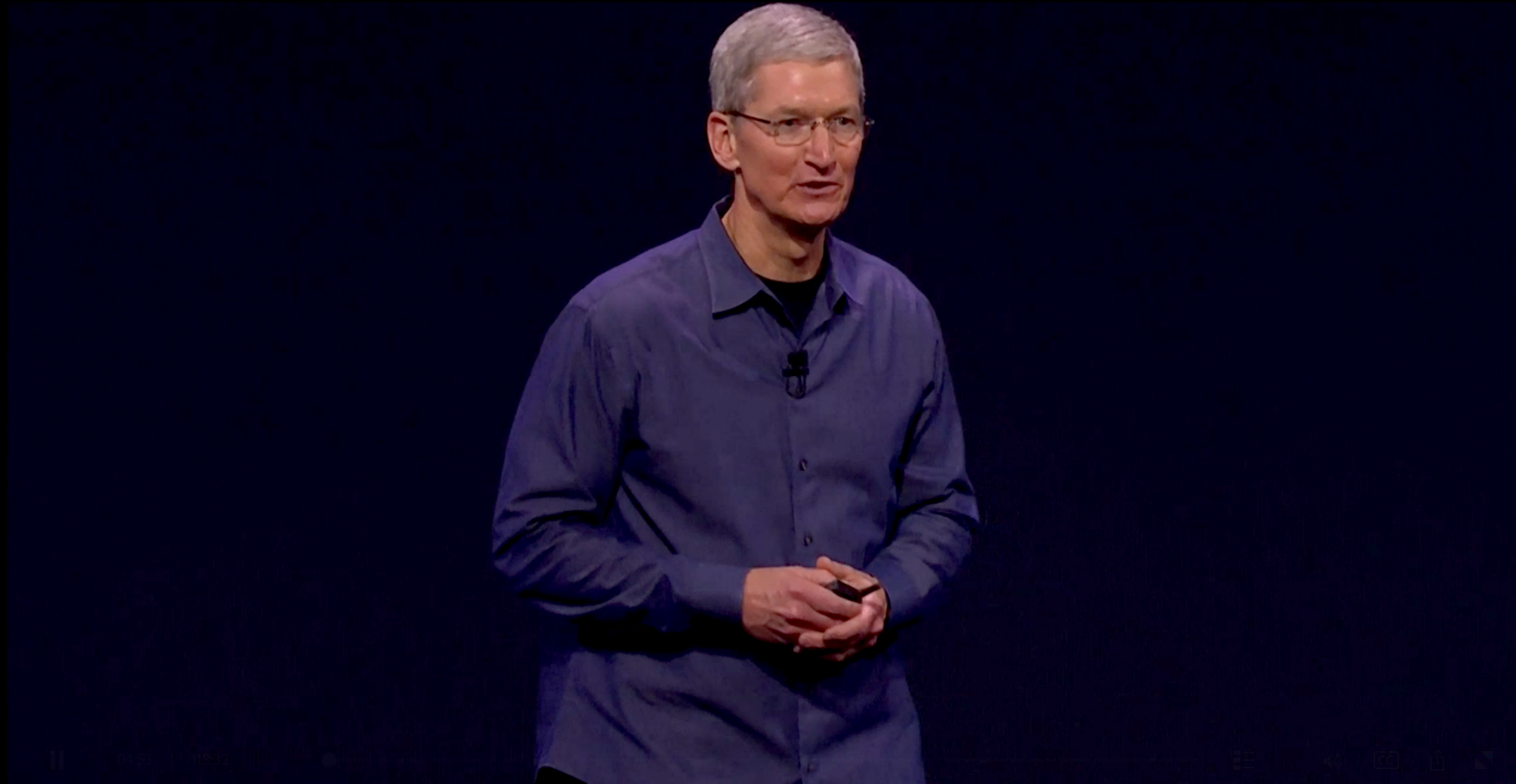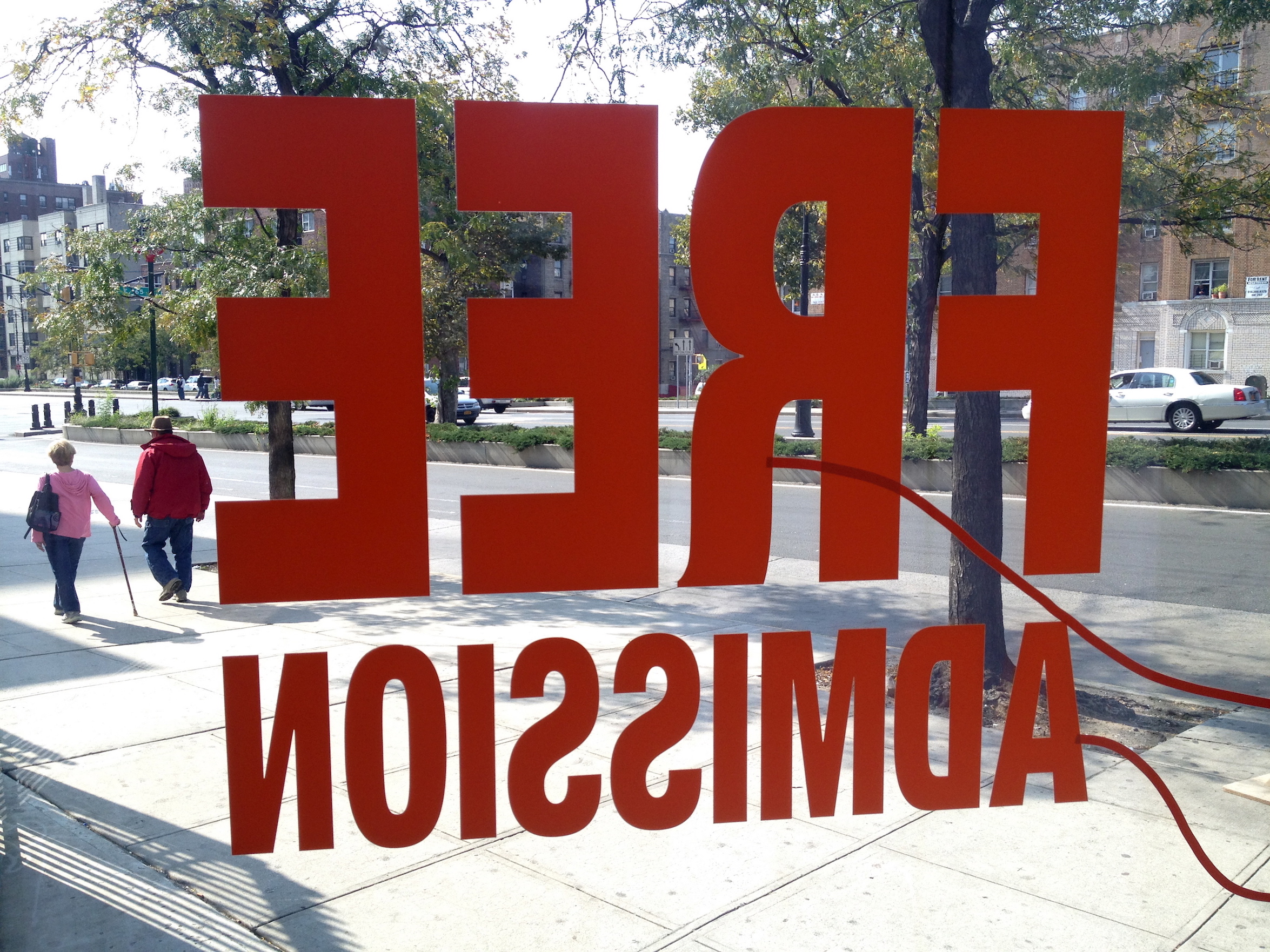My colleague Mark Wilson takes on the task I failed to (but should have) in commentary: “Apple’s Tim Cook is gay—the fact it needs to be announced shows what’s wrong in tech“. The CEO’s admission, in a Bloomberg-Businessweek opinion piece, isn’t surprising. The news media’s overglowing reaction is the shocker, as Mark observes: “Websites have practically fallen over themselves to heap their praise on the announcement”.
What? Are bloggers or reporters afraid they might appear to be homophobic if neglecting to add their voice to the echo chamber? Many news writers called Tim Cook’s announcement courageous. This morning, in chat, I told Mark: “Your response to it is hugely courageous”. He chose not to join the echo chamber and even to risk recriminations for rightly questioning why so much news space was given to Apple’s CEO.











